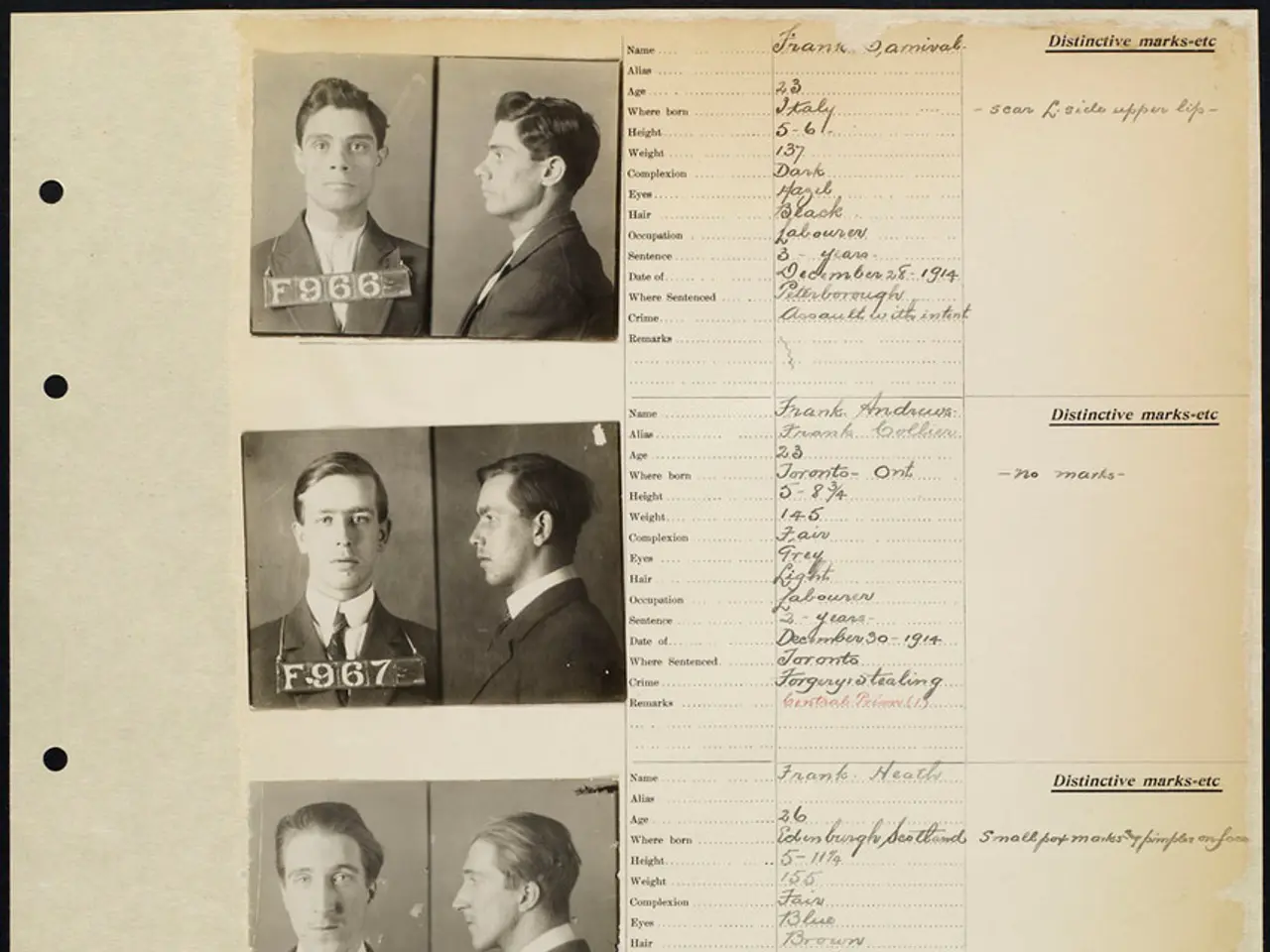Unauthorized $124M duplication dispute escalates in the latest intellectual property conflict
In a significant decision, a federal appeals court in San Francisco has ruled mostly in favour of Oracle in its long-standing lawsuit against Rimini Street Inc. The lawsuit, which was first filed in 2010, centred around Rimini's practice of hosting Oracle software on its own servers and "cloning" it for multiple customers.
Oracle argued that Rimini was copying Oracle's software and selling it as its own, which was in excess of what the terms of service had allowed, in violation of copyright law. Yesterday, a Ninth Circuit panel found that a lower court went too far in calling Rimini's practice a violation of California and Nevada's criminal computer fraud laws. However, the panel agreed that Rimini had indeed violated Oracle's terms of use by cloning its software.
The terms of use for Oracle's software products, specifically J.D. Edwards terms and Siebel terms, allow for some copying of Oracle's software for archival needs and emergency back-up purposes. However, Rimini's defence that the terms of use allowed it to copy Oracle's database software systems to adjust them to the needs of a given user was not upheld.
The decision comes with a significant monetary judgment. When prejudgment interest, attorneys' fees, and costs were added, the total monetary judgment was $124,291,396.82. $14.4 million awarded to Oracle as a result of the violation of the state computer crime claims will be subtracted from the $50 million damages award. The decision of attorney fees was remanded to federal court.
The ruling underscores the importance of understanding copyright law and adhering to the terms of use when dealing with software. Software developers often face contractual limitations in the form of non-disclosure agreements (NDAs) and confidentiality agreements. To create similar code without infringing on copyrights or violating work agreements, software developers can follow several strategies.
One such strategy is to understand the scope of copyright protection. Copyright law protects the expression of ideas, not the ideas themselves. It applies to the specific way code is written, not the functionality or algorithms used. Ensuring that similarities between the original and new codes are not substantial, meaning they do not confuse users about their origin, is also crucial.
Another strategy is to use patents and trade secrets. Patents can protect specific features or algorithms that are not covered by copyright. This can prevent others from using or recreating patented functionalities. Protecting confidential information such as source code through non-disclosure agreements and secure storage is also essential.
A third strategy is to implement Clean Room Reverse Engineering. This method involves creating a team that analyses the competitor's product without accessing the original source code. Another team then develops a similar product based on the specifications provided by the first team, ensuring no direct copyright infringement.
Adhering to coding standards and best practices is also crucial. This includes writing clean and modular code to facilitate readability and maintainability, avoiding code duplication, and using descriptive variable names to improve code clarity.
Clear licensing and contribution policies are also essential. Establishing clear licensing terms that define how code can be used, modified, and redistributed, and ensuring contributors agree to transfer ownership rights to their contributions, are key to avoiding potential legal issues.
An example of refactoring to avoid duplication is creating a common superclass that includes the shared method, thus avoiding duplicated logic. This approach ensures that the code is efficient and follows best practices without infringing on existing copyrights.
In the European Union, the Unfair Contract Terms Directive and the Distance Selling Directive are relevant to software consumer protection. In Japan, intellectual property protection for software is also important to consider.
By following these strategies, developers can create similar functionalities while respecting legal boundaries and maintaining high coding standards.
The ruling in the Oracle versus Rimini Street case highlights the significance of understanding copyright law and abiding by software licensing terms in business. In the future, software developers may use various strategies to create similar code without violating copyrights or work agreements, such as understanding the scope of copyright protection, employing Clean Room Reverse Engineering, adhering to coding standards, and establishing clear licensing and contribution policies.




